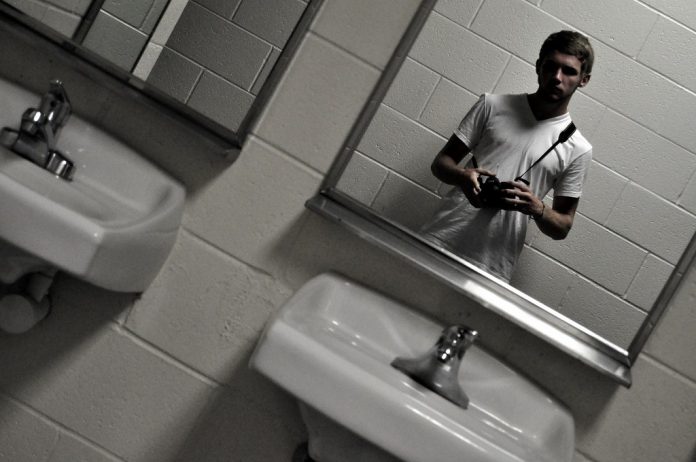More school cops and security measures would be ineffective against gun violence (commentary).
Conservatives who understand that the calls to do something, anything about gun violence invariably produce bad gun control policies should consider that this same rule applies to many of their favorite security proposals.
After horrific school shootings—this time at Robb Elementary in Uvalde, Texas, where 19 children and two teachers were gunned down on Tuesday—the public has an understandable desire to want to do something to prevent further violence. For people on one side of the political spectrum, the answer is more gun control, even though the most commonly proposed restrictions on firearms would have probably failed to prevent the most recent mass shootings.
Some conservatives who support the Second Amendment tout enhanced school security as a superior, alternative proposal. A guest on Sean Hannity’s Fox show last night went as far as to suggest that schools should install “a series of interlocking doors at the school entrance that are triggered by a tripwire.” The Federalist‘s Tristan Justice laments that “Sandy Hook Proved The Need To Enhance K-12 Security. Congress Armed Ukraine Instead.” Some ideas floated by people on the right include adding metal detectors, arming teachers, and hiring additional security guards. “We know from past experience that the most effective tool for keeping kids safe is armed law enforcement on the campus,” said Sen. Ted Cruz (R–Texas) in the wake of the shooting.
If there was a simple, practical, cost-effective policy that could make schools 100 percent safe, lawmakers would be well-advised to implement it. Today, U.S. air travel is essentially safe from the threat of hijacking because planes are required to lock the cockpit doors: a simple innovation that makes a 9/11-style event basically impossible. Similarly, schools are probably well-advised to at least lock or monitor the doors and install cameras (something 95 percent of public schools already do).
Most of the post-9/11 enhanced air travel security measures, however, are worse than useless, and the same could likely be said for most if not all proposed school security innovations. School shootings are not particularly common. The risk of gun violence is generally higher in the home. The overwhelming majority—99 percent—of gun deaths are suicides and one-off homicides.
This implies that any theoretical policy idea, on both the gun control side and the school security side, should have a fairly high bar to clear before being implemented. It should appreciably improve safety without unduly burdening students, teachers, or other law-abiding people.
No idea fails this test more than the proposal to put more cops in schools. While it’s not yet clear what role a school resource officer (SRO) played in the Uvalde shooting—some reporting suggests an SRO may have engaged the shooter but failed to stop him—school security officials have performed unimpressively during previous crises. Marjory Stoneman Douglas High School’s SRO infamously hid during the 2018 mass shooting in Parkland, Florida.
Moreover, placing cops in schools is not a cost-free intervention: The surest consequence is to increase the likelihood that routine disciplinary matters are handled by law enforcement rather than by teachers, counselors, and principals. Doubling the number of SROs in the state of Florida, for example, caused a fourfold increase in incidents of students being physically restrained by cops, according to a study done by the Education Policy Research Center at the University of Florida. Fights between students, sexting investigations, and even problems on the playground involving very little kids can become the purview of the criminal justice system. An SRO once tried to arrest a teenage girl for violating the dress code.
If making schools more like prisons was an unfortunate but much-needed strategy to combat an epidemic of violence that SROs were uniquely adept at handling, perhaps hiring more of them would be a reasonable strategy. But in the vast majority of educational settings, this is not the case.
Conservatives who understand that the calls to do something, anything about gun violence invariably produce bad gun control policies should consider that this same rule applies to many of their favorite security proposals. The TSA should be abolished, not expanded into schools.
Originally published by Reason Foundation. Republished with permission.








